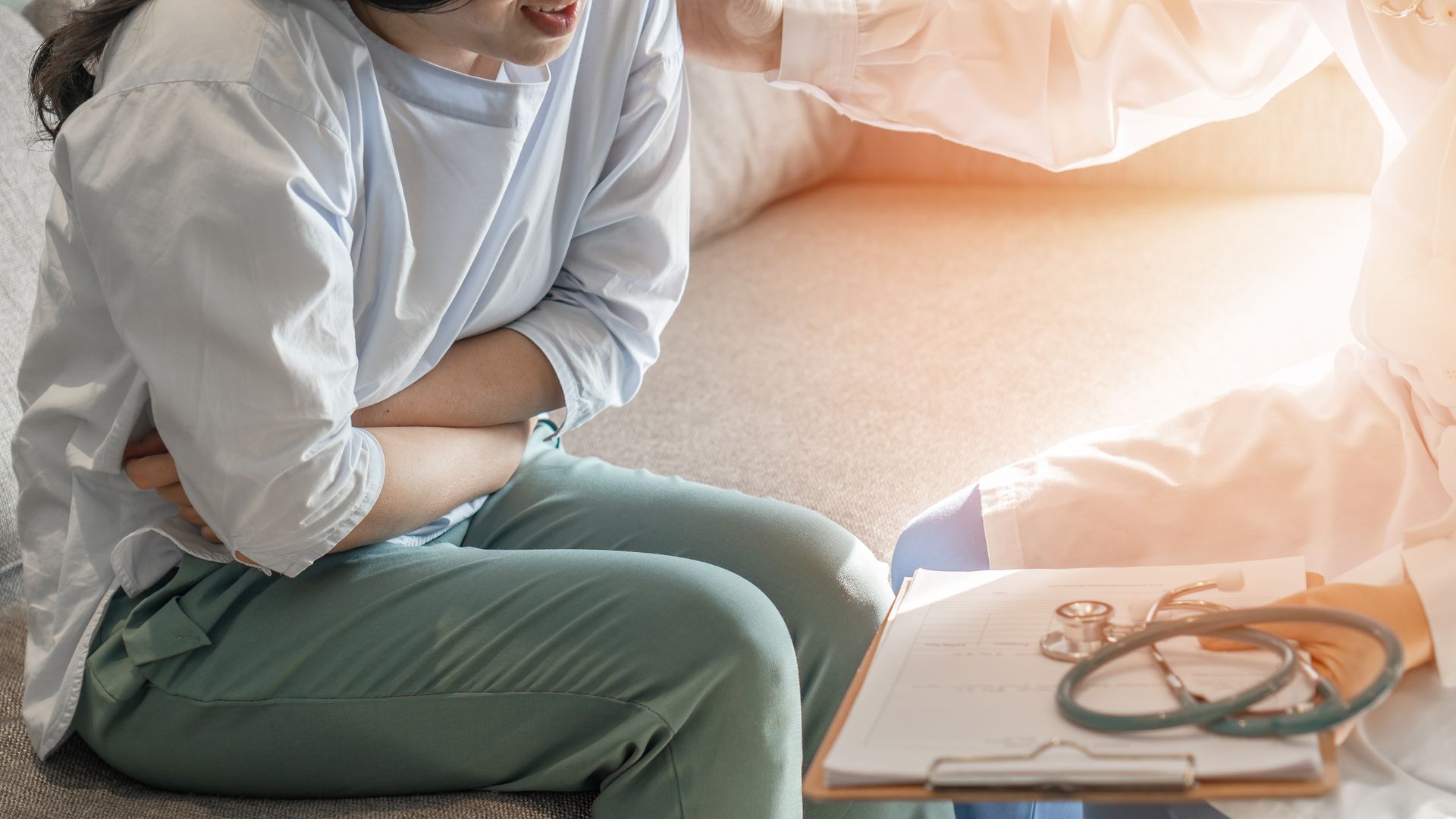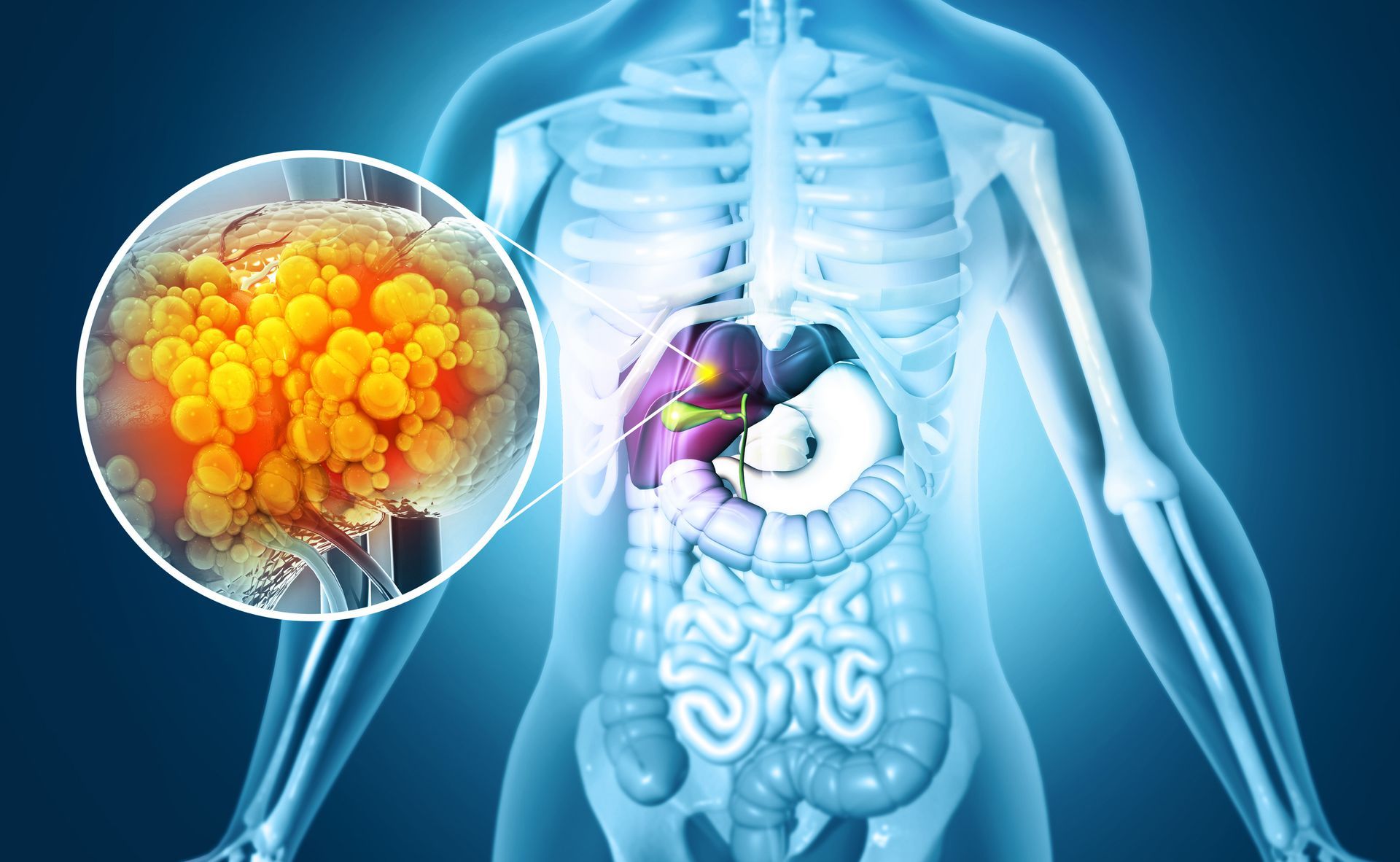Is Cologuard as Effective as a Colonoscopy?
Being just around the corner from Colorectal Cancer Awareness Month, there will soon be an increasing number of initiatives urging all to get their recommended colon cancer screenings. If you are 50 or older, or even if you are younger but at a higher risk, your physician has likely already mentioned the need for such tests, and hearing these messages may serve as a reminder that you still need to schedule that colonoscopy. But, at the same time, you may also be seeing a growing number of advertisements for a substitute colorectal cancer screening test: Cologuard. Perhaps you are wondering if this test may work for you, allowing you to bypass a more invasive colonoscopy. The following details should help distinguish a few key differences between the two:
Effectiveness of Cologuard vs. Colonoscopy
One of the first questions patients ask regarding Cologuard is if it is as effective as a colonoscopy. Unfortunately, the answer no. Colonoscopies are the gold standard in detecting colorectal cancer as well as precancerous lesions through the use of a camera-enabled scope; this has been proven over decades of studies of experienced Gastroenterologists’ cases. This allows a gastroenterologist to clearly view the large bowel and distal part of the small bowel for signs of polyps or cancerous lesions. If any are seen, biopsies for further examination can be taken at the same time. In all, colonoscopies can detect about 95 percent of all colorectal cancers and advanced precancerous polyps.
Cologuard, on the other hand, has no visual component and instead tests DNA from stool samples for the presence of abnormal cancerous or precancerous cells. To date, studies have shown that Cologuard detects 92 percent of colorectal cancers and only 42 percent of precancerous polyps, making it a far less effective preventative tool.
Cologuard and False Positives
Another concern regarding Cologuard is the number of false positives returned. In total, 13 percent of patients who use the test receive a positive result for colorectal cancer only to have the findings later determined to be false. Not only does this place a large, unnecessary emotional burden on the patient, it requires them to seek further testing for confirmation, that of which is not financially covered by most insurance plans.
Cologuard and the Follow-up Colonoscopy
The above brings us to an important point regarding the differences between Cologuard and colonoscopies. Because of its high level of effectiveness in identifying both cancer and precancer, a colonoscopy is always part of reaching a definitive diagnosis. This means that should a patient receive a positive result from another screening tool such as Cologuard, a diagnostic colonoscopy will still be required to confirm the findings . Those who undergo a colonoscopy initially, on the other hand, will have definitive results without further testing right away.
Recommended Screening Intervals of Cologuard vs. Colonoscopy
Undergoing a colonoscopy may not be the most pleasant experience one could have, but once it is complete, there is not only a lasting peace of mind, most will not need to have the test performed again for another 10 years. However, due to its inability to detect most high-risk precancers, patients who bypass a colonoscopy for a Cologuard screening will need to repeat the test in just three years.
In short, there is no true replacement for a colonoscopy. Thanks to its overwhelming success rate at detecting colorectal cancer even before it develops, the disease has become one of the most preventable forms of cancer. While other tests such as Cologuard are available and may have some benefits such as requiring minimal preparation and invasiveness, the results provided are less reliable, and patients whose results do indicate a problem will still need to undergo a colonoscopy for confirmation.
So, why spend unnecessary dollars, time, and worry on a less accurate test? Get your colonoscopy, and be confident in your results. Contact Digestive Diseases Center today to schedule an appointment.

CONTACT
850-763-5409
ADDRESSES
4 LOCATIONS
204 E 19th Street, B, Panama City
12216 Panama City Beach Pkwy, D, Panama City Beach
4295 3rd Ave, Marianna
101 Good Morning St., 109B, Port St. Joe
Subscribe to our newsletter:
subscribe to our newsletter
We will get back to you as soon as possible.
Please try again later.


